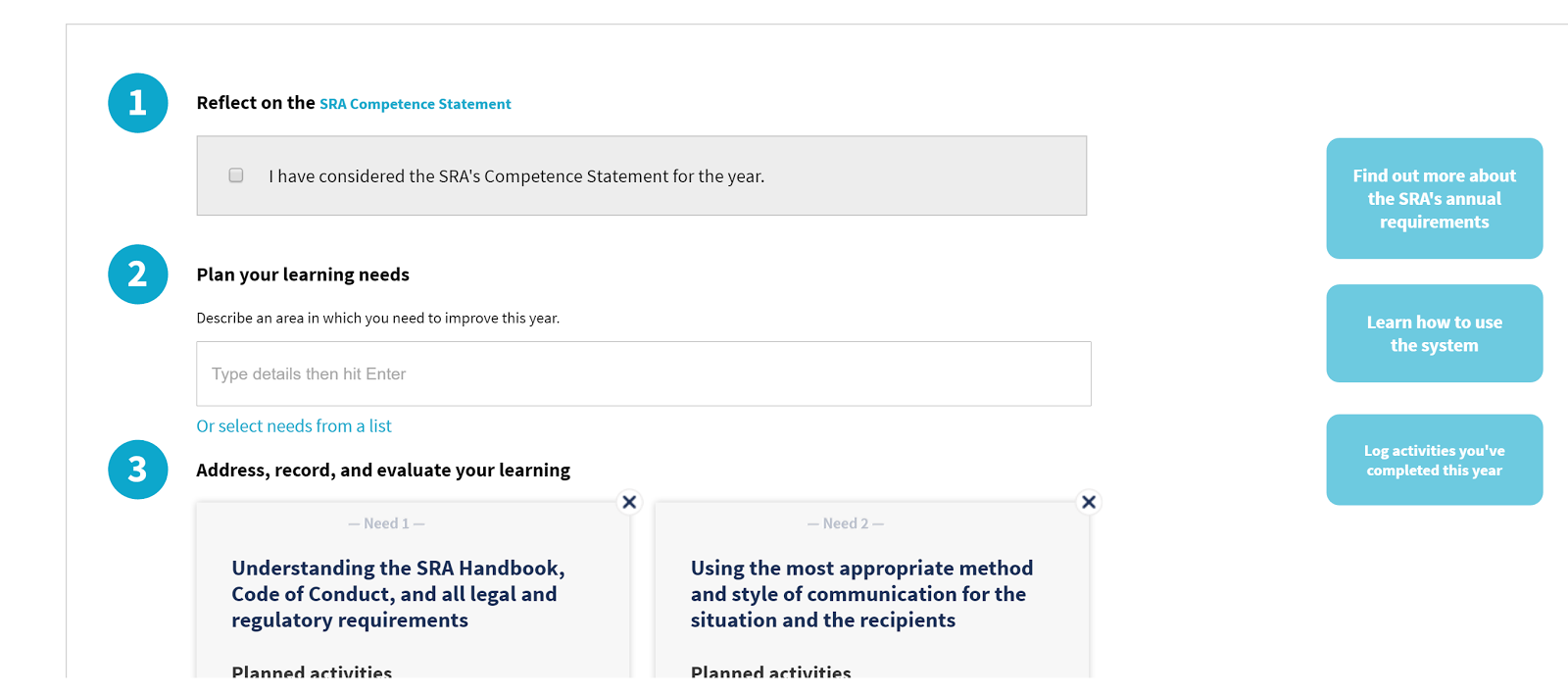
The Fourth Anti-Money Laundering Directive will be implemented by the end of June 2017. Many pages have been written detailing all of the changes and minutia. Below are the key changes that solicitors need to be aware of as part of their day-to-day work.
We will be updating our AML courses accordingly and launching a new version of our AML 360 course later in the year.
Here are the key updates:
Simplified CDD no longer automatic
Previously certain listed companies or public bodies would automatically qualify for simplified due diligence. This exemption is no longer automatic and any decision to undertake simplified CDD must be backed up with evidence and subject to a risk assessment.
Cash thresholds reduced
The limit for eligible cash transactions is reduced from €15,000 (£12,544) to €10,000 (£8,361) and is extended to receiving as well as making payments in cash.
Absolute turnover raised
The link to the VAT registration threshold of £64,000 is removed and the annual turnover limit is raised to £100,000 across all financial activities.
Pooled client accounts not exempted
No explicit exemption from CDD for pooled client accounts.
Central register of beneficial ownership to be maintained
This will be held in each EU country and be accessible to government, banks, and anyone with a legitimate interest.
Internationally applicable
EU based firms must ensure their non EU operations comply with home country rules.
PEPs foreign and domestic
Politically Exposed Persons now includes domestic citizens as well as foreign ones.
CDD for gamblers
Must be applied when establishing a business relationship or for any stake or winnings over €2,000 (£1,672).
VinciWorks’ provides anti-money laundering training
VinciWorks provides online compliance courses for 60 of the top 100 UK law firms. Our anti-money laundering course is designed to educate users on how to recognise suspicions of money laundering and what to do if you have a suspicion. It also educates users on how to report suspicions of money laundering. We also provide an AML 360 refresher course for those who have completed the preliminary course.















